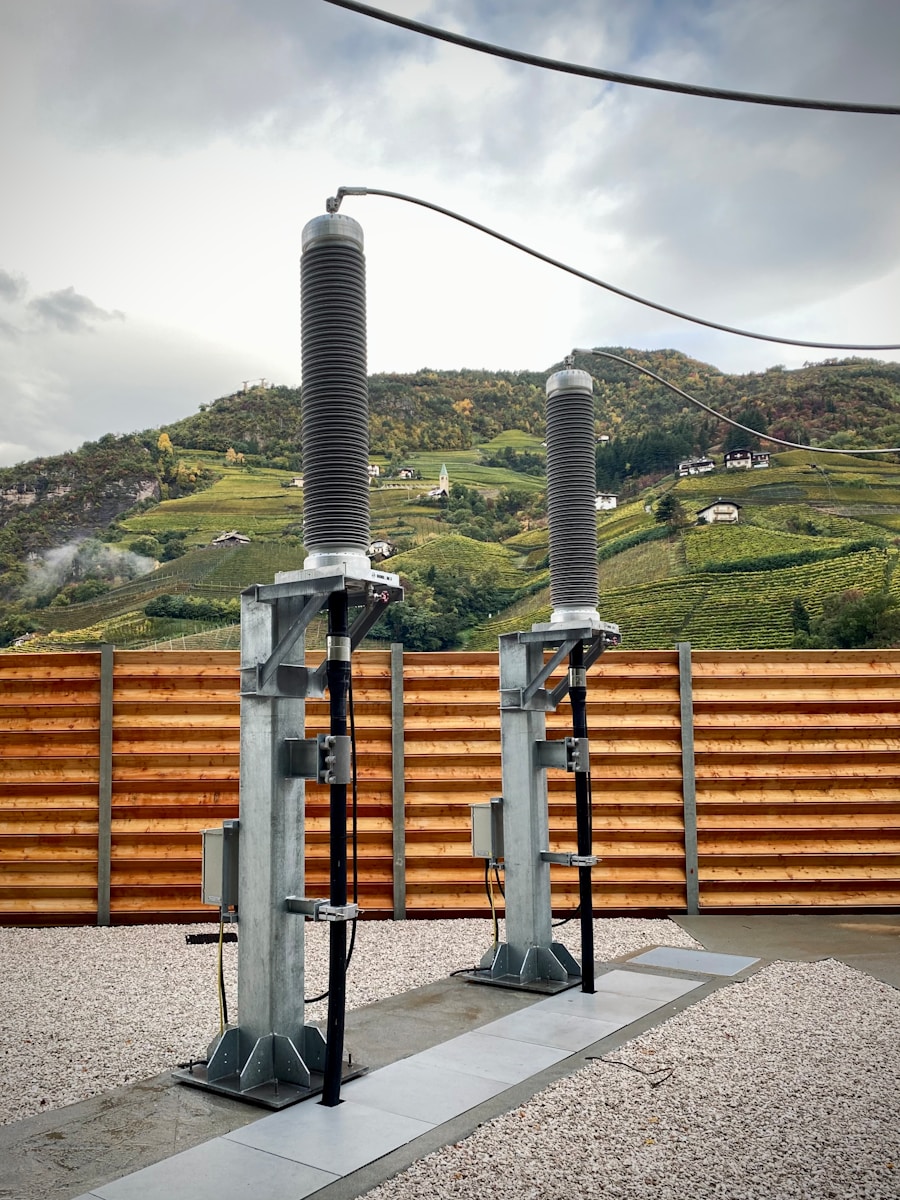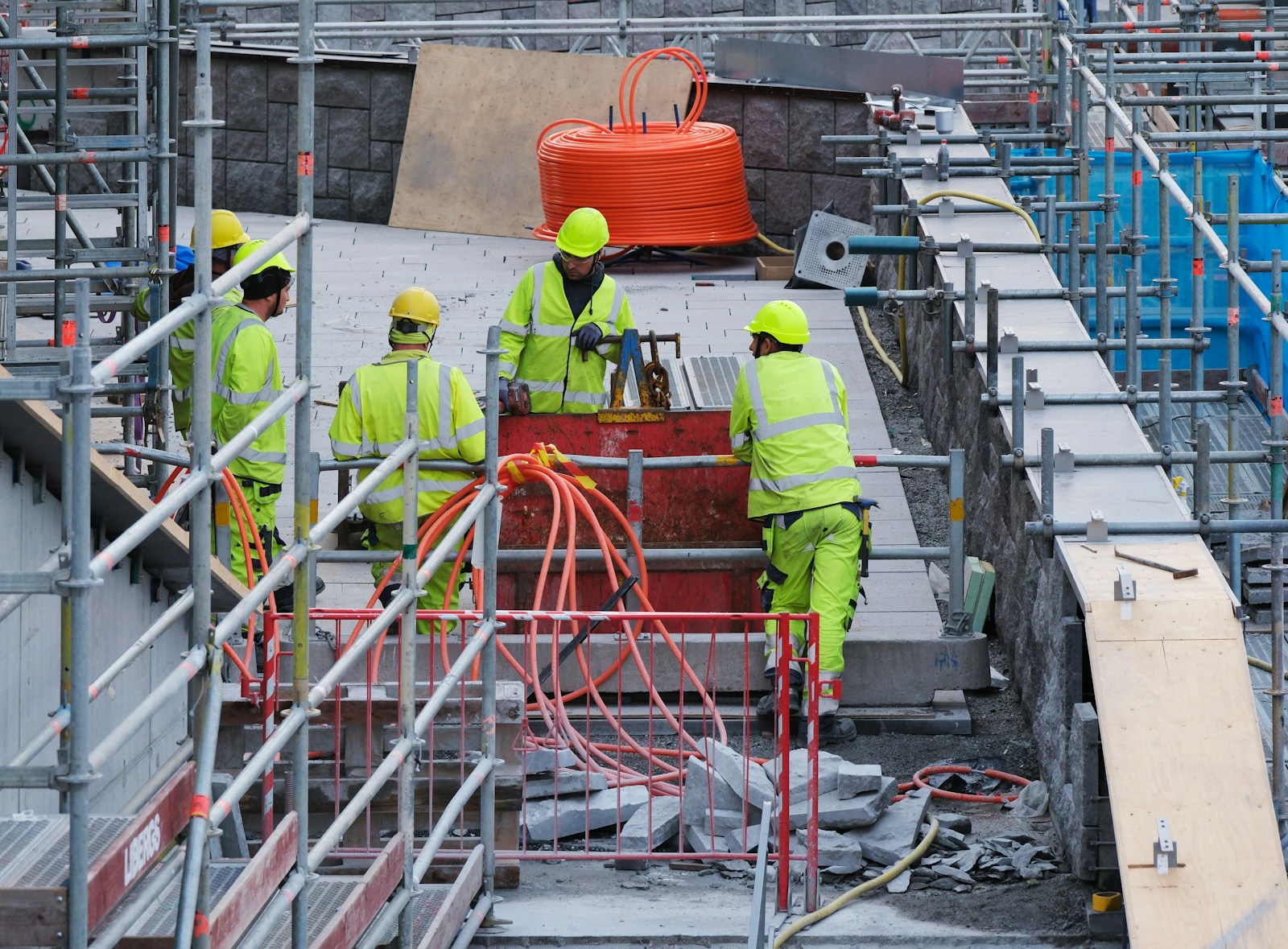Let me take you on a fascinating journey through one of the most significant transformations in Australian workplace relations. Imagine walking into any workplace in the 1980s and asking about wages. The answer would've been simple: "Check the award." Fast forward to today, and it's a completely different story.
The Old World: Life Under Centralised Wage Fixing
Remember the days when Australia was often called "the land of the long weekend"? That nickname wasn't just about our love for leisure—it reflected our highly regulated industrial relations system. For most of the 20th century, Australia operated under a centralised wage-fixing system that would seem almost alien to many young workers today.
Here's how it worked: The Australian Conciliation and Arbitration Commission (now Fair Work Commission) would set wages and conditions for entire industries. These awards were detailed documents that specified everything from basic wages to the exact amount you'd get for working in the rain. Yes, really—there was actually a "wet weather allowance"!
The Catalyst for Change
By the late 1980s, it became increasingly clear that this one-size-fits-all approach wasn't cutting it anymore. Australia was facing several challenges:
- Rising unemployment
- High inflation
- Poor productivity growth
- Increasing international competition
Paul Keating, then Treasurer, famously warned that Australia risked becoming a "banana republic" if we didn't modernise our economy. The wage-fixing system, designed for a different era, was part of the problem.
The Watershed Moment
In 1991, the Industrial Relations Commission handed down its landmark "Enterprise Bargaining Decision." This wasn't just another industrial relations ruling—it was a revolution in how Australians would negotiate their pay and conditions.
The shift to enterprise bargaining meant that instead of relying solely on centralised awards, employers and employees could negotiate agreements at the enterprise level. Think of it as moving from a prescribed menu to being able to create your own dish—within certain boundaries, of course.
The Accord Years: A Crucial Transition
The transition wasn't abrupt. The Hawke-Keating government's Prices and Incomes Accord with the ACTU provided a crucial bridge. Through the Accord, unions agreed to moderate wage claims in exchange for "social wage" benefits like Medicare and superannuation.
What Changed?
Let's break down the key changes:
From:
- Rigid industry-wide standards
- Limited flexibility
- One-size-fits-all approach
- Centralised decision-making
To:
- Enterprise-level negotiations
- Greater flexibility
- Productivity-linked increases
- Workplace-specific solutions
Impact on Different Sectors
The impact varied significantly across industries. Some sectors embraced the change enthusiastically. A mate who worked in mining during this period tells me, "Suddenly, we could negotiate deals that made sense for our specific site. If we improved productivity, we could share in the benefits."
Other sectors found the transition more challenging. Small businesses, in particular, often struggled with the complexity of negotiating their own agreements. As one small business owner told me recently, "Back then, you just followed the award. Now you need a PhD in industrial relations just to work out what you can and can't do!"
The Role of Technology
The shift coincided with rapid technological change. As computers and automation transformed workplaces, the old rigid classification systems became increasingly irrelevant. Enterprise bargaining allowed businesses to adapt more quickly to technological change and reward workers who upgraded their skills.
Winners and Losers
Like any major reform, the shift created both winners and losers:
Winners included:
- High-performing businesses that could offer better conditions
- Workers in strong bargaining positions
- Industries facing international competition that needed flexibility
Challenges faced by:
- Lower-skilled workers with less bargaining power
- Small businesses without HR expertise
- Industries with fragmented workforces
The Modern Legacy
Today's system is a hybrid. We still have awards as safety nets, but enterprise bargaining remains the primary way many Australians negotiate their working conditions. The system continues to evolve, with recent changes focusing on:
- Streamlining agreement approval processes
- Protecting vulnerable workers
- Addressing new forms of work (think gig economy)
Looking at the Numbers
The impact of this shift is reflected in some interesting statistics:
- Union membership has declined from around 40% in the 1990s to about 14% today
- The wage share of GDP has decreased
- Productivity growth improved in the 1990s but has been patchy since
- Income inequality has increased, though less than in many comparable countries
Lessons Learned
The shift from centralised wage fixing offers several important lessons:
- Change needs careful management. The gradual transition through the Accord years helped prevent major disruption.
- One size doesn't fit all. Different sectors need different approaches to wage setting.
- Safety nets matter. The award system's continuing role as a safety net has helped prevent the worst outcomes seen in some other countries.
- Skills and support are crucial. Both employers and employees need skills and support to negotiate effectively.
Looking Forward
As we face new challenges—automation, the gig economy, remote work—the lessons from this transition remain relevant. The key question isn't whether we should have centralised or decentralised wage fixing, but how to create a system that promotes both flexibility and fairness.
Current Challenges
Several issues demand attention:
- The complexity of enterprise bargaining for small businesses
- The decline in agreement-making in some sectors
- The rise of new forms of work that don't fit traditional models
- The need to maintain real wage growth while protecting productivity
The Way Forward
The shift from centralised wage fixing to enterprise bargaining wasn't just about changing how we set wages—it was about modernising our entire approach to workplace relations. As we face new challenges, we need to keep evolving while remembering the lessons of this transformation.
Maybe the next big shift is already happening. With the rise of remote work and the gig economy, we might need to rethink workplace relations yet again. But whatever changes come, the principles we learned from the shift away from centralised wage fixing—the need for flexibility, fairness, and careful management of change—will remain relevant.
As one veteran union official recently told me, "The old system had its problems, but so does the new one. The trick isn't finding a perfect system—it's building one that can adapt while protecting what matters most."
And perhaps that's the biggest lesson of all.













0 Comments